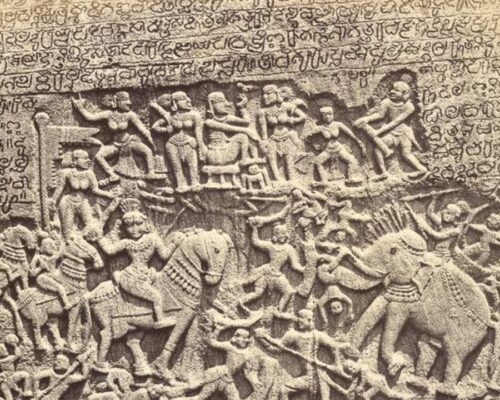Kabini, known for its lush landscapes and abundant wildlife, also offers rich cultural experiences through its local tribal communities. Engaging with these tribes provides a deeper understanding of the region’s heritage and their harmonious way of life. Here’s a closer look at the Jenu Kuruba, Betta Kuruba, and Soliga tribes, and how visitors can interact with them respectfully.
The Tribes of Kabini
Jenu Kuruba
The Jenu Kuruba, meaning “honey gatherers,” are skilled in harvesting honey from the forest. Their culture is rich with folklore, music, and dance, particularly evident during festivals like ‘Bhootharadane,’ where they perform dances to honour spirits and deities.
Betta Kuruba
Traditionally, the Betta Kuruba, or “hill dwellers,” are hunters and gatherers. They are renowned for their bamboo crafts, which are both practical and culturally significant, reflecting their close relationship with nature.
Soliga
The Soliga tribe has a deep spiritual connection with the forest. Their rituals and dances are dedicated to deities they believe inhabit the natural world, and their extensive knowledge of the forest ecosystem is central to their way of life.
Cultural Traditions and Practices
Festivals and Rituals
Each tribe celebrates unique festivals and rituals that offer a glimpse into their cultural heritage. For example, the Jenu Kuruba’s ‘Bhootharadane’ festival features vibrant dances and music, deeply rooted in their connection to nature and ancestral spirits.
Art and Craft
The tribes are skilled artisans. The Betta Kuruba’s bamboo crafts and the Soliga’s intricate beadwork are available for purchase, making meaningful souvenirs that support the preservation of their traditional skills.
Traditional Attire and Dance
Tribal festivals and ceremonies are colourful affairs with traditional attire and handmade jewellery. These occasions are marked by dances and music that narrate stories and celebrate their heritage.
Respectful Engagement
Respectful engagement is essential to appreciate the cultural richness of Kabini’s tribal communities.
Learn and Listen
Before visiting, take the time to learn about the tribes and their customs. Understanding their history and way of life shows respect and enhances the interaction.
Participate Respectfully
If invited, participate in cultural activities like dance performances or craft workshops. Follow the community’s guidelines and show genuine interest in their traditions.
Support Local Crafts
Buying handmade crafts directly from the artisans supports the tribal economy and helps preserve their traditional skills. These items are not just souvenirs, but tokens of your support for their culture.
Photography Etiquette
Always ask for permission before taking photographs, especially during ceremonies or rituals. Respect their wishes if they prefer not to be photographed and avoid disrupting their activities.
Guided Tours
Choose guided tours that focus on cultural immersion. These tours, often led by locals or experts, provide meaningful and respectful interactions with the tribes.
Conclusion
Exploring Kabini’s tribal communities offers a unique cultural experience. By engaging respectfully and thoughtfully, visitors can gain valuable insights into the Jenu Kuruba, Betta Kuruba, and Soliga tribes’ traditions and way of life. This enhances your travel experience and supports the preservation of these vibrant cultures for future generations. So, immerse yourself in the rich cultural tapestry of Kabini while enjoying a luxurious stay at Red Earth Kabini. Enhance your adventure with comfortable accommodations and thoughtful amenities that complement your exploration of the region’s heritage.



